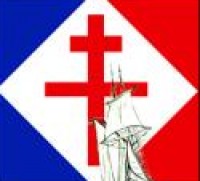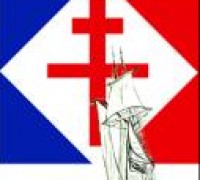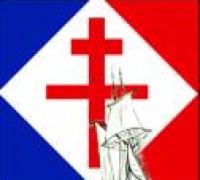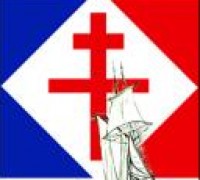FREE FRENCH NAVY IN SOUTH ATLANTIC * - FREE FRENCH NAVY
10)GLOIRE
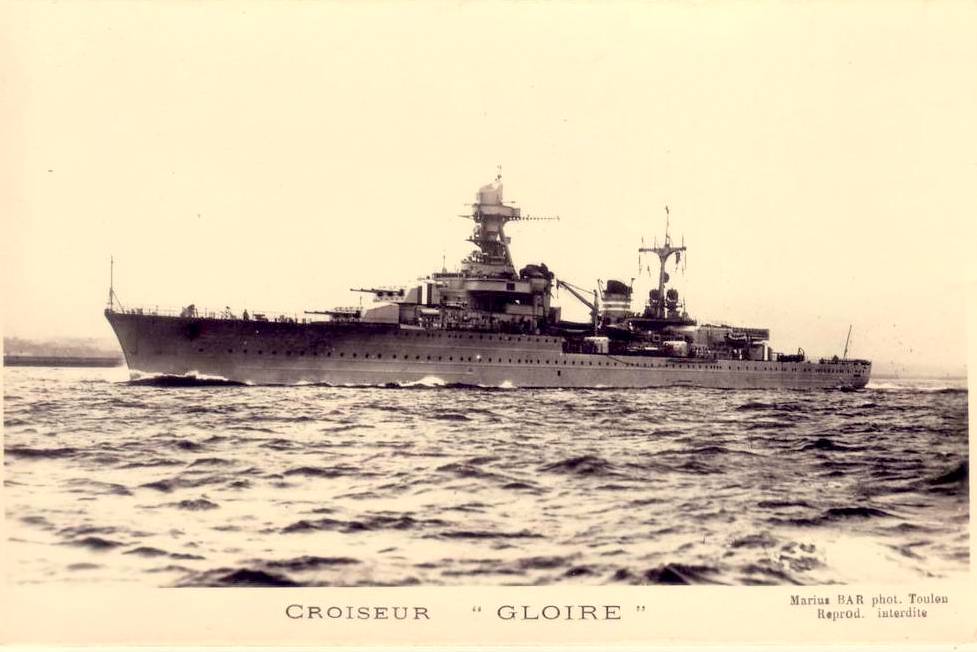
Photo.www.wikipedia.org
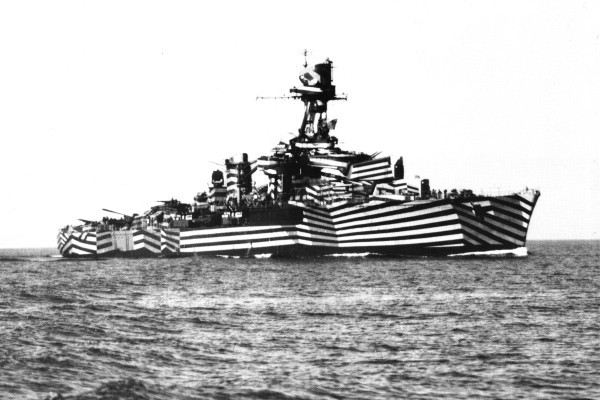
In the picture FFL Gloire seen with camuflaged livery. Photo. http://www.wikipedia.org
Completed: 1937
Displacement: 7,600 tons (standard), 9120 tons (full load)
Length: 587 ft
Beam: 57 ft
Draught: 17,6 ft
Propulsion: 2-shaft Parsons single reduction geared turbines, 4 Indret boilers, 84,000 shp
Armament: 9x152 mm (6 inch)/ 54.3 calibre (3x3), 8x90 mm (3.5 inch) anti-aircraft (4x2), 24x40 millimetre (6x4), 4x550mm (21.7 inch) torpedo tubes (2x2)
Speed: 31 kts
Complement: 540
Range: 7,000 nautical miles (13,000 km) at 12 knots
Aircraft carried: up to 4 GL-832, later 2 Loire 130 flying boats
Aviation facilities: 1 Catapult
On 12 September 1942 Cruiser Gloire took part in the rescue operations after Laconia had been sunk, arriving on the scene in the evening of 17 September. After the Allied invasion of north Africa (Operation Torch) and the consequent abrogation by the Germans of the armistice (Case Anton) in November 1942, the Gloire rejoined the Allies.
Three surviving La Galissonnière class cruisers, based at Dakar, were refitted at Philadelphia from February 1943, removing aircraft installations and adding light anti-aircraft weapons. The Gloire then operated from Dakar together with other French and Italian cruisers, searching for Axis blockade runners in the central and south Atlantic until 16 January 1944, when she moved to the Mediterranean.
